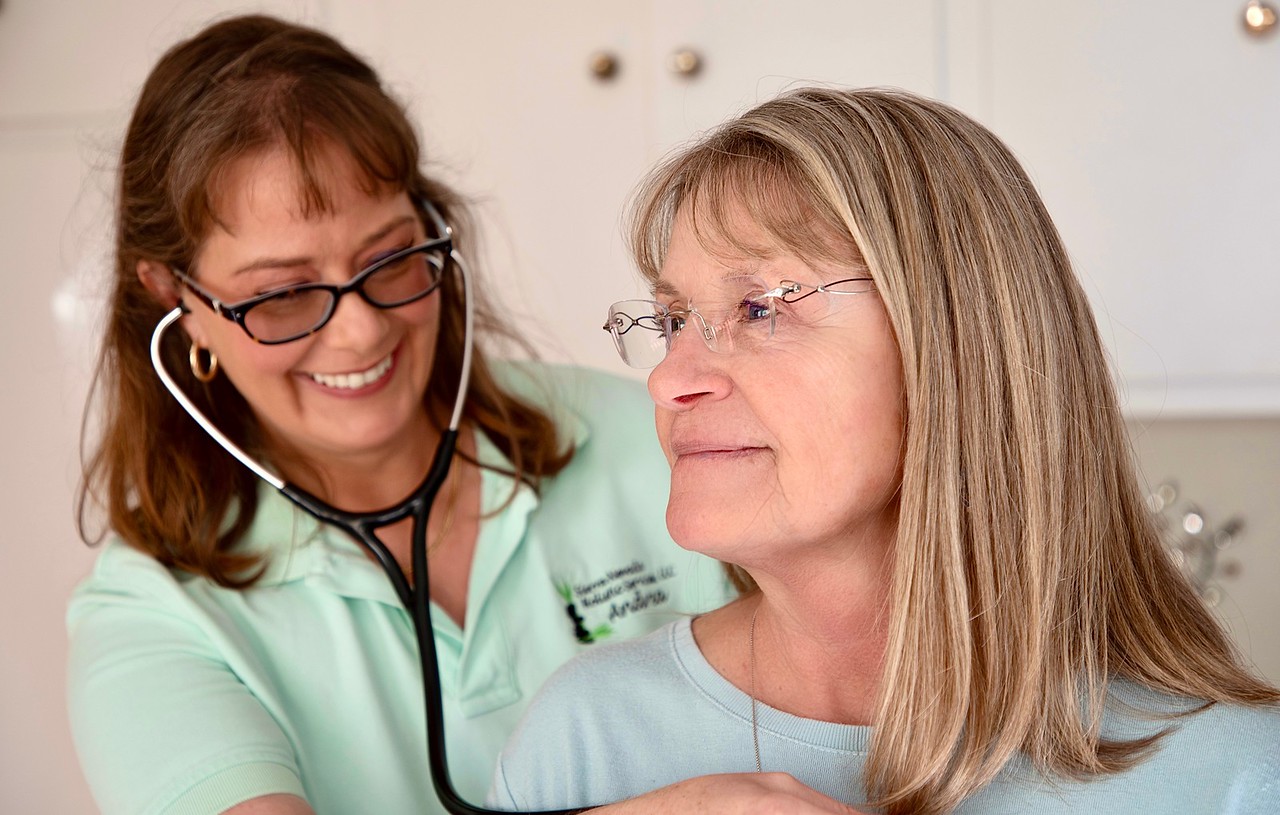I wanted to share with you about a medical patient I saw this week. She is 50 years old and does have some medical conditions, that are mostly stable in my medical opinion. As we were reviewing her previous year’s health and wellness status, she made an off-hand comment about her husband teasing her about her love of TP. With a little more prodding, I discovered she was having “leaking” issues.
As I continued to question her, I began to pull together a list of possible causes of what she was describing. This included things like UTI, delirium, kidney infection, diabetes, neurogenic bladder, Cauda equina syndrome (CES), pelvic floor weakness, childbirth…
Then she said to me, “Well you know I am getting older. It happens to us ladies as we age!”
After swallowing my shock at her willingness to accept this happening to her, I began to realize that she was most likely not alone in this belief.
So let me be very clear. NEVER EVER is “aging” considered a cause of incontinence. So do not accept this. There are definitely ways to help treat this.
However, this does bring up an important topic that made my list of possible causes for her. I’m referring to Cauda equina syndrome (CES).
CES happens when the nerve roots of the cauda equina are compressed causing disruption of the nerve signals of movement and sensory function to the legs/feet and bladder.
The collection of nerves at the end of the spinal cord is known as the cauda equina, due to its resemblance to a horse’s tail. The spinal cord ends at the upper portion of the lumbar (lower back) spine.
This syndrome is what we in the medical profession call a “red flag”. Meaning ‘Oh crap, get this person to the ER or a specialist immediately!” It is considered a medical surgical emergency.
Patients with back pain should be aware of the following “red flag” symptoms that may indicate CES:
- Severe low back pain
- Motor weakness, sensory loss, or pain in one, or more commonly both legs
- Saddle anesthesia (unable to feel anything in the body areas that sit on a saddle)
- Recent onset of bladder dysfunction (such as urinary retention or incontinence)
- Recent onset of bowel incontinence
- Sensory abnormalities in the bladder or rectum
- Recent onset of sexual dysfunction
- A loss of reflexes in the extremities
Ok, so before you loose your cool and think, “oh my gosh, I have some of those!”. Take a breath, and let’s clarify this. If you are like me, then yes you probably see some of your symptoms listed (at least 1-2 of them).
But realize that if you have a flare-up or the sciatica kicks in, then yes, it is expected you will have weakness in your leg and severe back pain. Again, expected and not a sudden or unexpected change from your normal flares. Ultimately, if you are nervous, speak with your medical provider just so they can put your mind at ease. CES is relatively rare. In my 25+ years of working as a nurse and medical provider, I’ve seen 3 cases.
But if you find you are numb in the area of your groin that you would sit on a horse saddle, or you suddenly develop foot drop or an unexplained weakness in your legs, or you are using pads because you don’t know and can’t feel when you leak or pee/poop then you should start to worry. This is when you definitely call your pain specialist or primary care provider, and honestly consider presenting to the ER.
CES is most commonly caused by a herniated disk in the lumbar spine. Other causes of CES may include a birth abnormality (such as spina bifida), a spinal infection or tumor, trauma or injury to the lower back, spinal stenosis, and complications after spinal surgery. CES can lead to incontinence and even permanent paralysis.
And my client? Well thankfully she was struggling with pelvic floor weakness. I got her hooked up with pelvic floor PT and she should be back to her normal in 5-6 sessions!
So the moral of this story is never get comfortable having high frequency relationship with TP. Don’t accept it as aging but don’t ignore it either!
Andrea
Director, The Healthy Back Program and Sierra Nevada Holistic Services, LLC
“You are the only one with the 100% investment of your health and it’s outcomes!” – me


